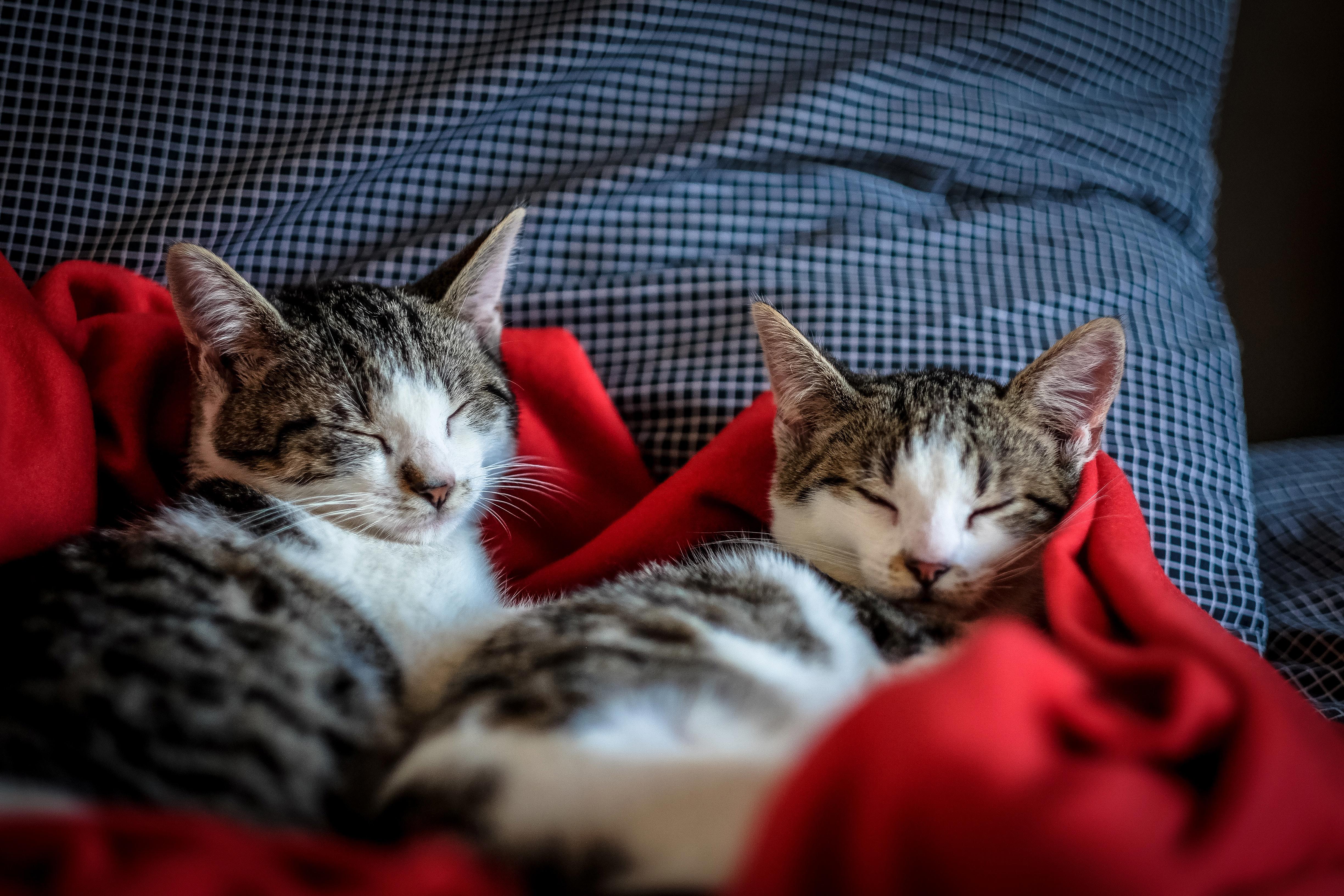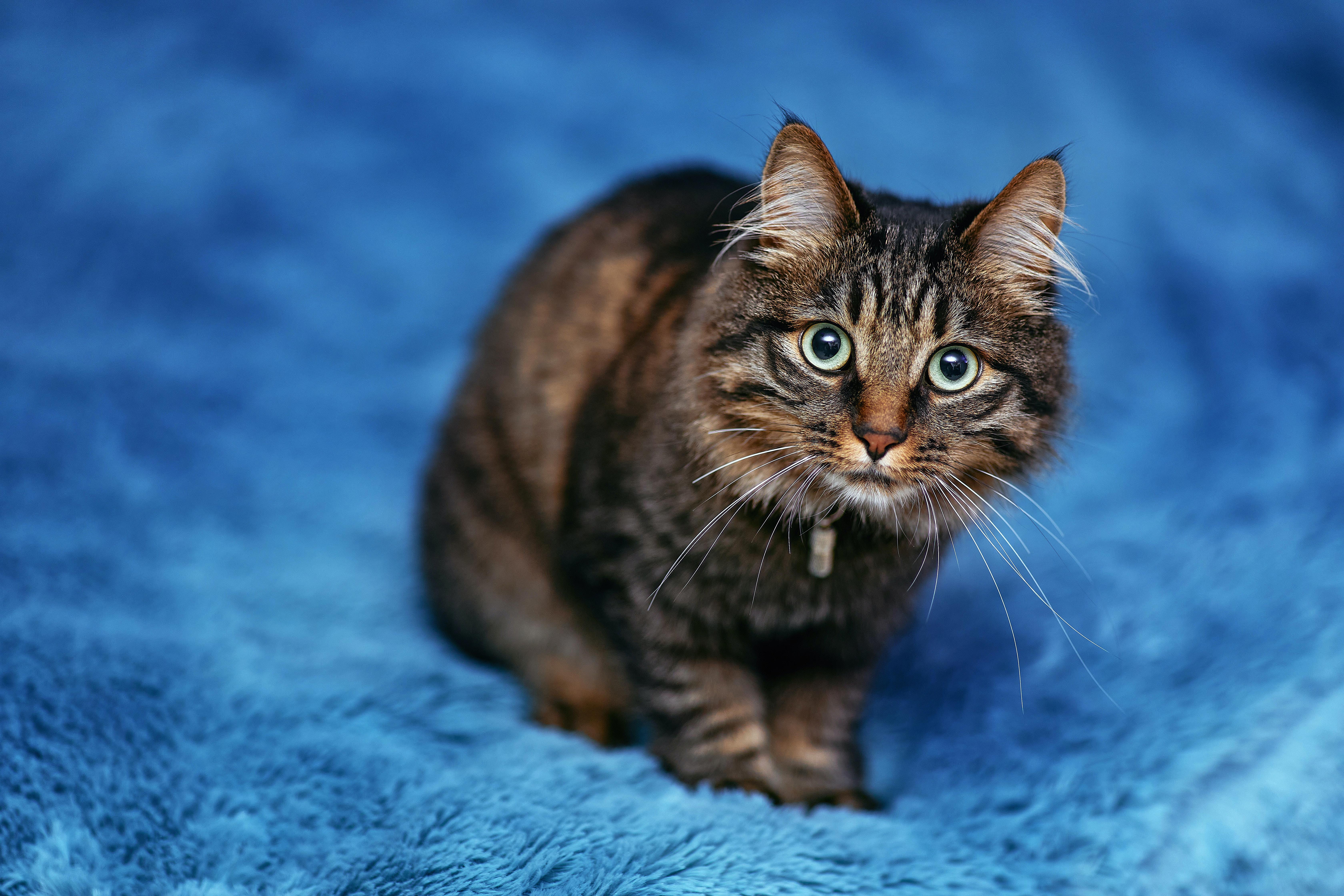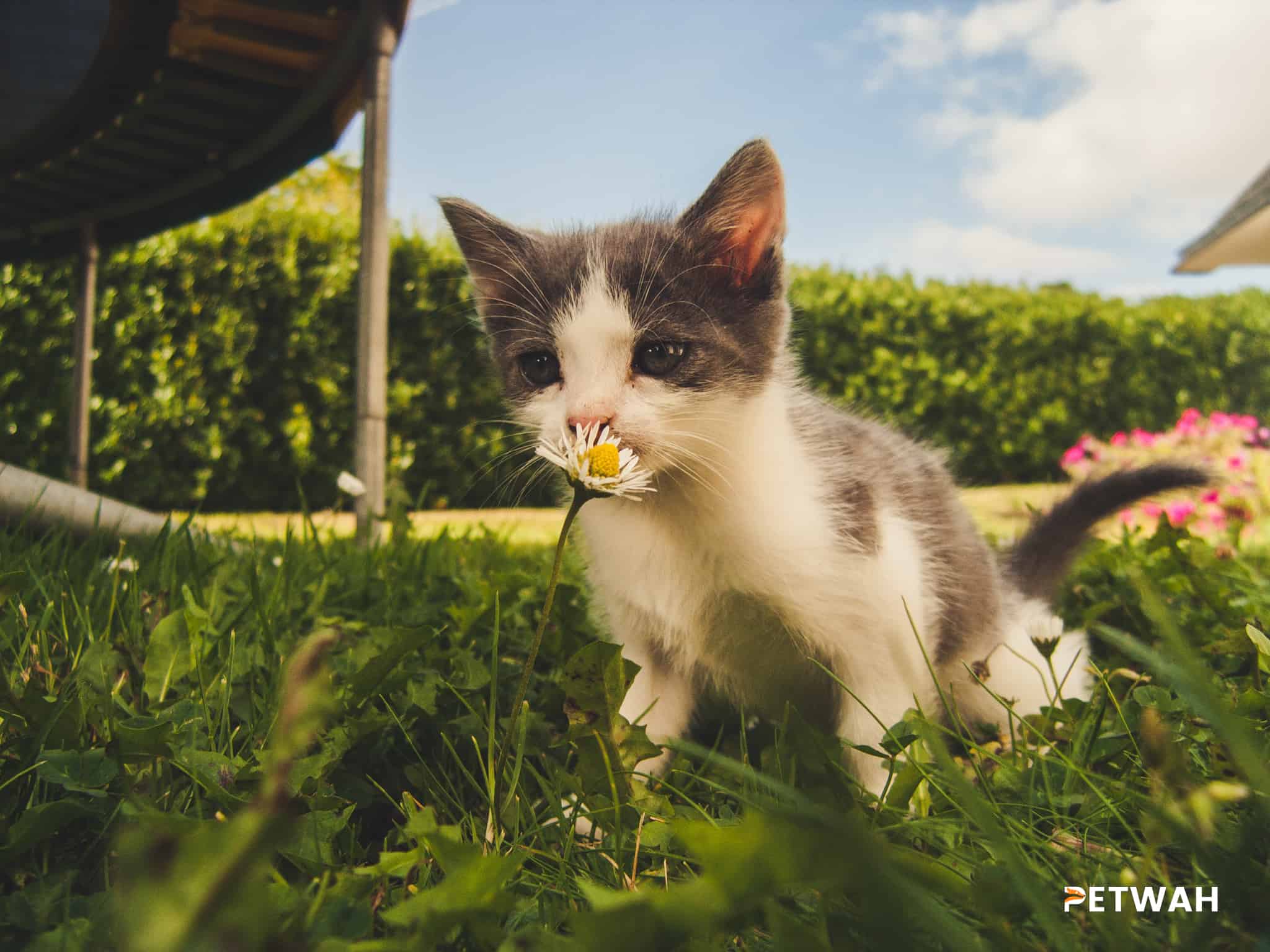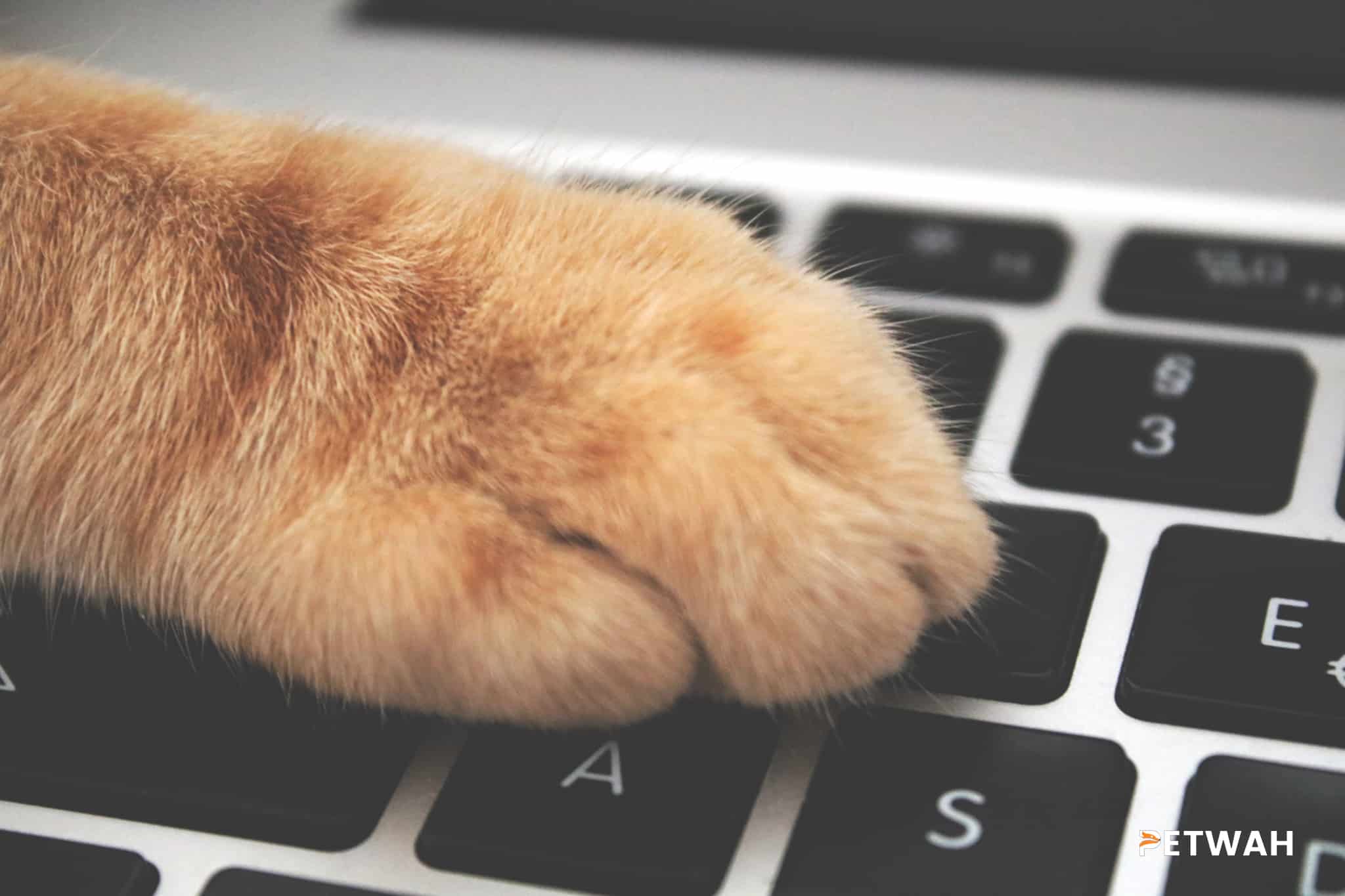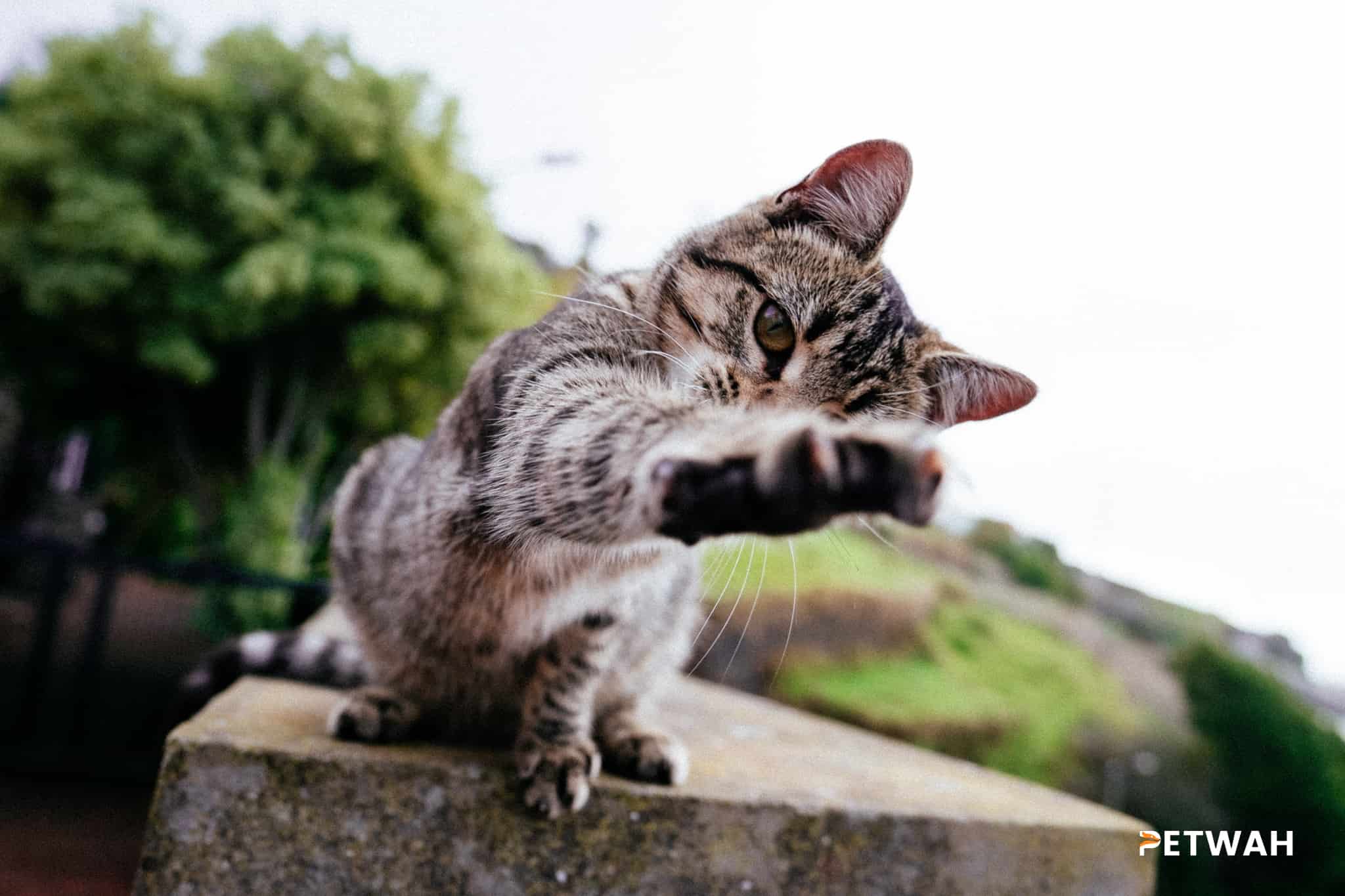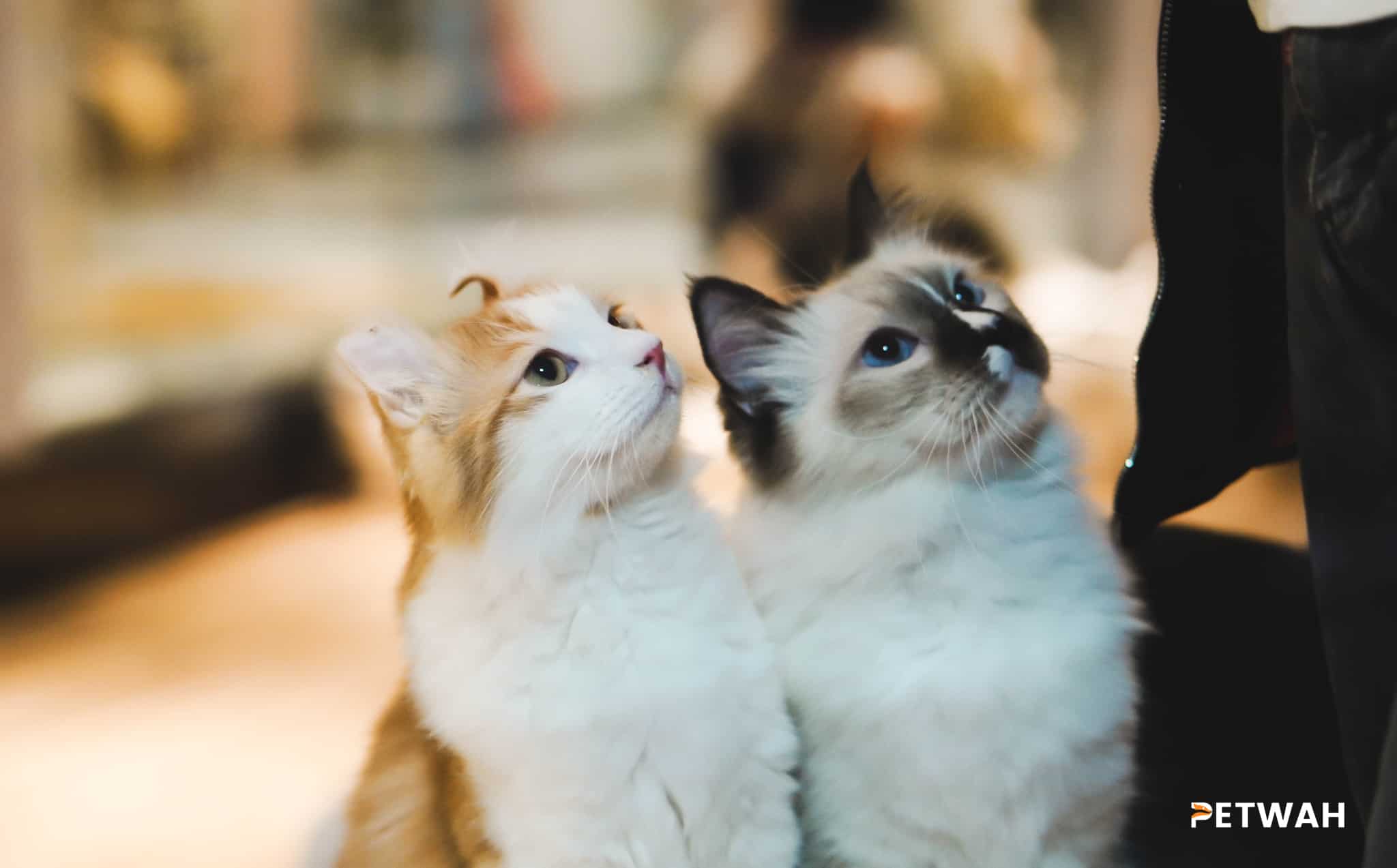As cat owners, we all want our feline friends to be healthy and happy. Part of keeping them healthy is ensuring they maintain a healthy weight. Unfortunately, many cat owners don’t realize that their cats are overweight until it begins to affect their health. Being overweight can lead to health problems such as diabetes, arthritis, and heart disease. In this blog post, we’ll discuss how to tell if your cat is overweight, the health risks associated with feline obesity, and tips on how to help your cat lose weight and maintain a healthy lifestyle. So, if you’re wondering if your furry friend is piling on the pounds, keep reading to find out.
Cats are one of the most beloved pets in the world. They are cute, cuddly, and affectionate creatures that make great companions. However, like humans, cats can also become overweight, which can lead to several health problems. As a responsible pet owner, it is important to know how to tell if your cat is overweight and what steps you can take to help them lose weight.
Here are some signs that your cat may be overweight:
1. Body Condition Score: The easiest way to tell if your cat is overweight is by performing a body condition score. This involves feeling for your cat’s ribs, spine, and hips. If you cannot feel their ribs, or if they have a layer of fat covering their spine and hips, then your cat may be overweight.
2. Health Problems: Overweight cats are at a higher risk of developing several health problems, including diabetes, arthritis, heart disease, and liver disease. If your cat is displaying any of these symptoms, it is important to take them to the vet as soon as possible.
3. Behavioral Changes: Overweight cats may become less active and less playful than usual. They may also have trouble grooming themselves or jumping up on furniture. If you notice any changes in your cat’s behavior, it may be a sign that they are overweight.
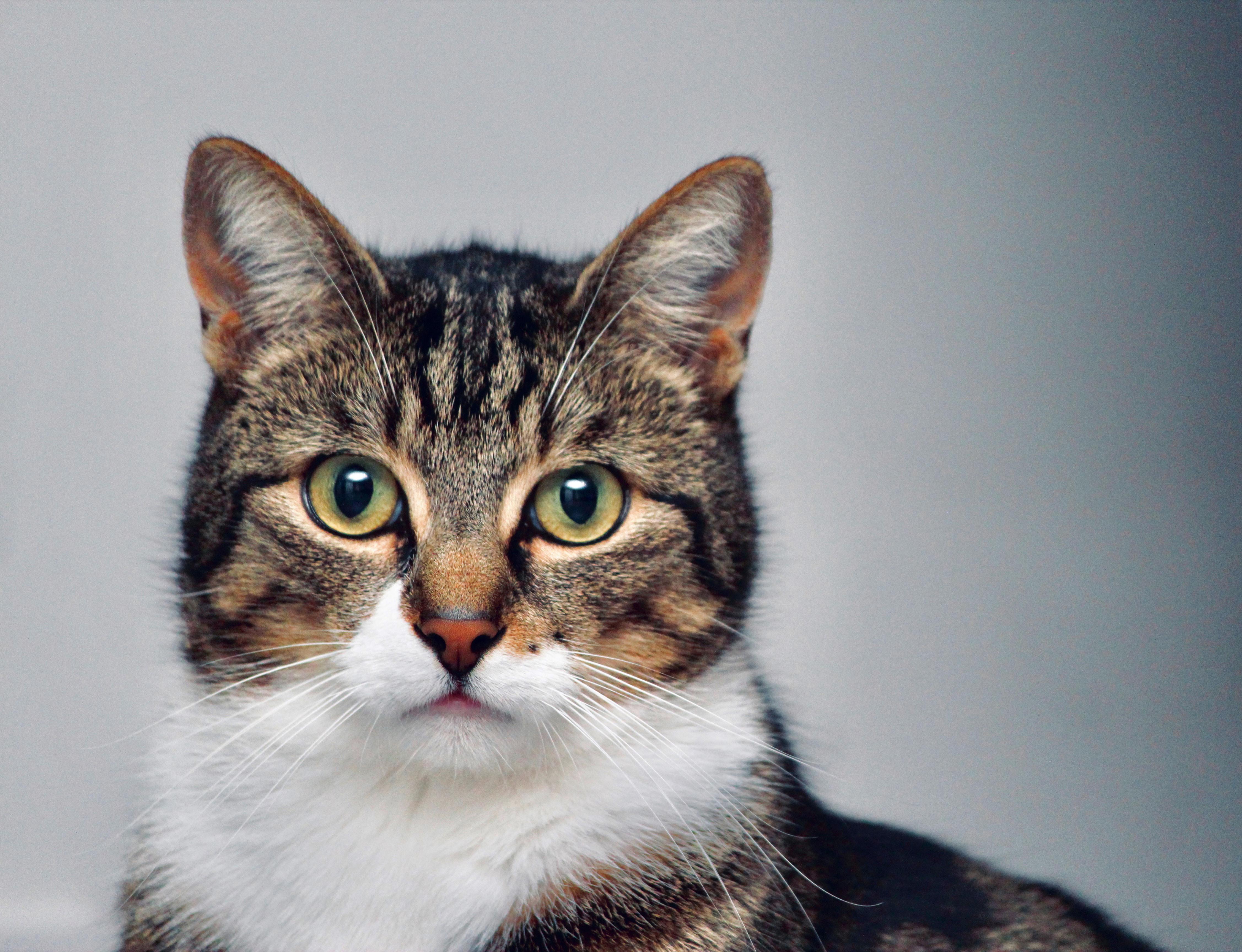
So, if you suspect that your cat is overweight, what can you do about it? Here are some tips to help your feline friend lose weight:
1. Change their Diet: The first step to helping your cat lose weight is by changing their diet. This means cutting back on high-calorie treats and switching to a healthier, more balanced diet. Talk to your vet about the best type of food for your cat’s needs.
2. Increase Exercise: Cats love to play, so try to incorporate more playtime into their daily routine. This can include playing with toys, chasing a laser pointer, or even taking them for a walk on a leash.
3. Portion Control: It is important to measure out your cat’s food to ensure they are getting the right amount of calories each day. Overfeeding can lead to obesity, so make sure you are giving them the right amount of food for their size and activity level.
In conclusion, it is important to keep a close eye on your cat’s weight and take action if you suspect they are overweight. By following these tips, you can help your feline friend live a healthy, happy life.
In conclusion, keeping your cat at a healthy weight is crucial for their overall wellbeing and quality of life. By monitoring their weight and making adjustments to their diet and exercise routine, you can ensure that your feline friend stays healthy and happy for years to come. Remember, a little effort on your part can go a long way in keeping your cat at their ideal weight and avoiding potential health issues down the road. So, keep a close eye on your furry friend’s weight and make the necessary changes to help them maintain a healthy and active lifestyle.


